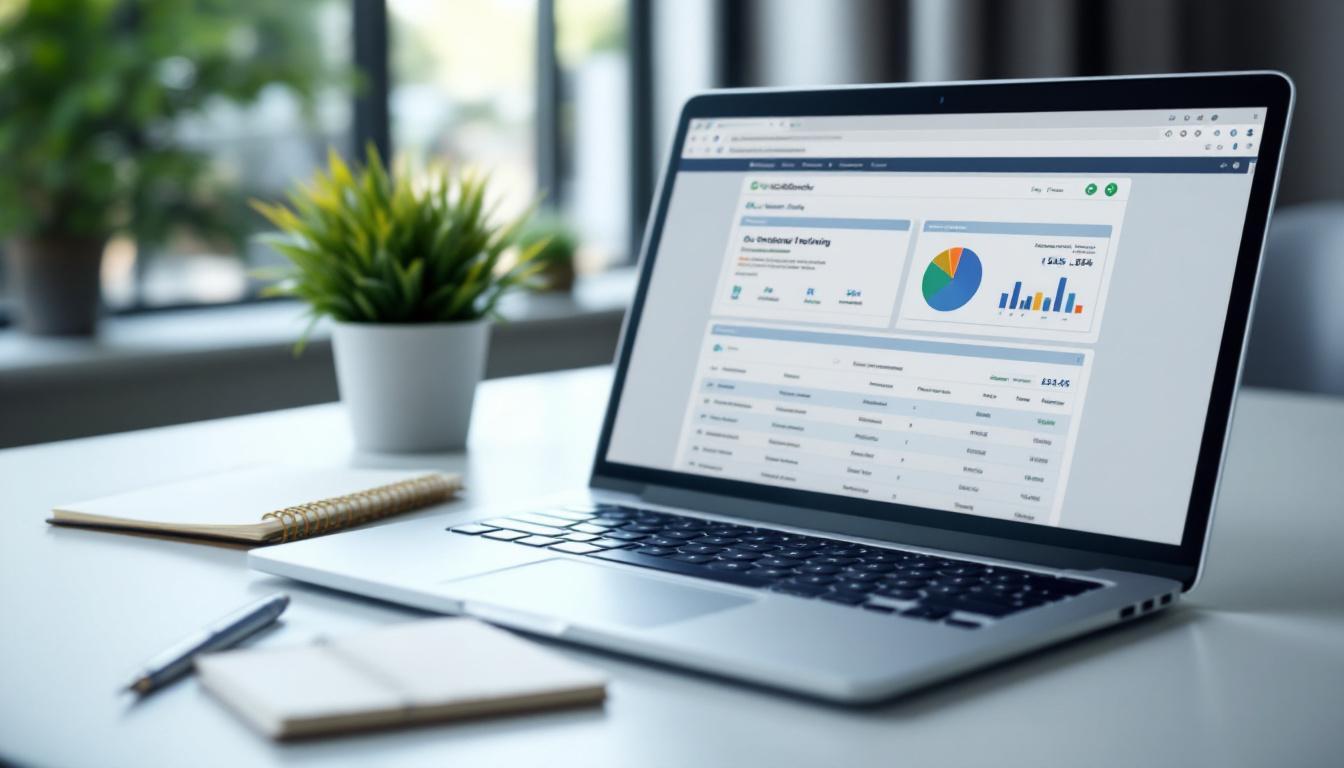

Knowing when and how to apply for a small business loan will help increase your opportunities for funding. Many business owners are realizing they need a little extra cash to ensure their operations can continue successfully over the next few months. If you are searching for help with your financial situation, here’s what you need to know about applying for a small business loan.
The SBA does not lend money directly, but it does work with lenders to provide loans to small businesses. The organization sets guidelines for loans made by its partnering lenders, community development organizations, and micro-lending institutions. The SBA reduces risk for lenders and makes it easier for them to access capital, which makes it easier for small businesses to get loans.
SBA-guaranteed loans generally have rates and fees that are comparable to non-guaranteed loans. They involve lower down payments, flexible overhead requirements, and no collateral needed for some loans. In addition to helping with the loan process, the SBA offers continued support to help you start and run your business.
There are several things that you can do to increase your chances of obtaining a loan. The SBA advises that, whether you go through them or through a traditional lending institution to apply for a loan, you will need to have a business plan prepared.
The business plan describes your business along with your skills and experience, including how you will market your business and detailed financial information showing how you will repay the loan. Your business plan should include a complete set of projected financial statements, including profit and loss, cash flow, and a balance sheet.
Before meeting with any lender, gather all the information you will need about your business as well as about your own experience in business so that you can make a convincing case that you are loan-worthy. Prepare a package that includes:
When applying for a small business loan, it is important to have a clear picture of your specific needs. That will determine what type of loan would be most appropriate for you. Common types of small business loans include:
The professionals at Clear View can help ensure your financial records are in good shape before you apply for a small business loan. Learn more about how we can help you and your business by contacting Clear View Business Solutions to speak to our team about our services. Give us a call at (520) 544-0177.
At Clear View Business Solutions, we know you want your business to prosper without having to worry about whether you are paying more in taxes than you should or whether your business is set up correctly. The problem is it's hard to find a trusted advisor who can translate financial jargon to layman's terms and who can actually help you plan for better results.
We believe it doesn't have to be this way! No business owner should settle for working with a CPA firm that falls short of understanding what you want to achieve and how to help you get there.

Northwest Location:
7530 N. La Cholla Blvd., Tucson, AZ 85741
Central Location:
2929 N Campbell Avenue, Tucson, AZ 85719
© 2025 Clear View Business Solutions. All Rights Reserved.
At Clear View Business Solutions, we know you want your business to prosper without having to worry about whether you are paying more in taxes than you should or whether your business is set up correctly. The problem is it's hard to find a trusted advisor who can translate financial jargon to layman's terms and who can actually help you plan for better results.
We believe it doesn't have to be this way! No business owner should settle for working with a CPA firm that falls short of understanding what you want to achieve and how to help you get there. With over 20 years of experience serving hundreds of business owners like you, our team of experts combines financial expertise and proactive communication with our drive to help each client achieve results and have fun along the way.
Here's how we do it:
Discover: We start with a consultation to understand your specific goals, what's holding you back, and what success looks like for you.
Strategize & Optimize: Together, we design a customized strategy that empowers you to progress toward your goals, and we optimize our communication as partners.
Thrive: You enjoy a clear view of your business and your financial prosperity.
Schedule a consultation today, and take the first step toward being able to focus on your core business again without wondering if your numbers are right- or what they mean to your business.
In the meantime, download, "The Business Owner's Essential Guide to Tax Deductions" and make sure you aren't leaving money on the table.